How HEET is Cutting Out Carbon and Transforming Energy
HEET is using funds received from CLF’s settlement with Boston’s school bus operator to support its work to cut carbon emissions.
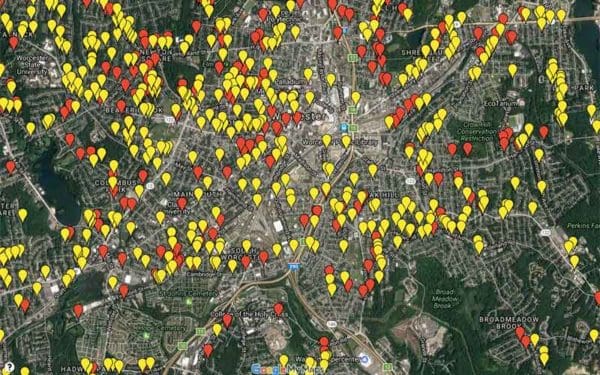
HEET is using funds received from CLF’s settlement with Boston’s school bus operator to support its work to cut carbon emissions.

On the 50th anniversary of Earth Day, the Baker administration announced that Massachusetts will make reaching net-zero emissions by 2050 legally binding under the state’s Global Warming Solutions Act. However, the state’s landmark climate law still needs a clear path forward to reach that goal.
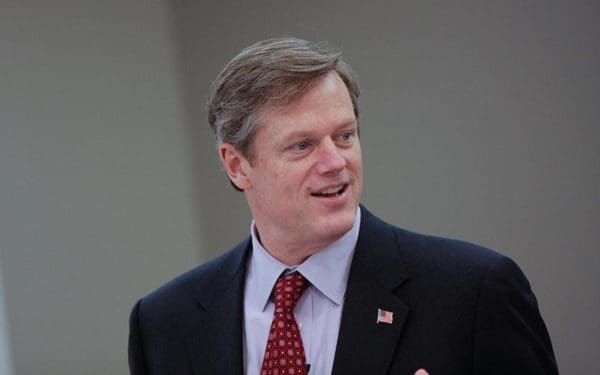
After months of work by Vermonters across the state – and despite a veto from Governor Scott – the Global Warming Solutions Act is now the law of the land in the Green Mountain State. This critical bill will slash carbon pollution while building resilient communities and looking after our most vulnerable neighbors.

Here in New England, only Massachusetts, Connecticut, and Maine have binding laws that set enforceable limits on the emissions that cause climate change – the same emissions scientists say must drop to net zero before 2050 to avoid the worst effects of climate catastrophe.
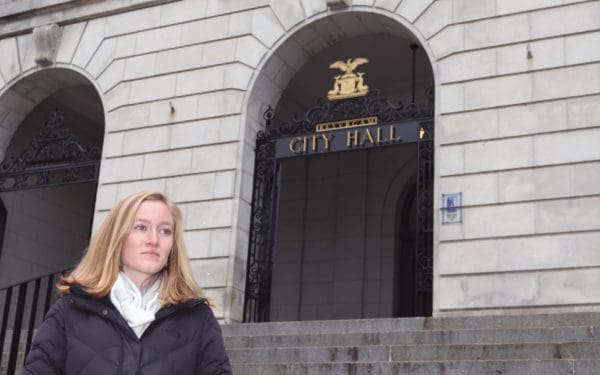
The Vermont legislature is considering a critical bill that will cut climate-damaging emissions across the state and smooth the way for a more resilient future. The bill, the Vermont Global Warming Solutions Act, will simultaneously slash pollution and build climate-ready communities.

While Vermont has made strides advancing energy efficiency and renewable energy, we are falling behind in reducing toxic climate pollution from burning fossil fuels in our cars and homes. Passing the Vermont Global Warming Solutions Act will change that, putting us back on track to cutting our emissions and securing a brighter future.
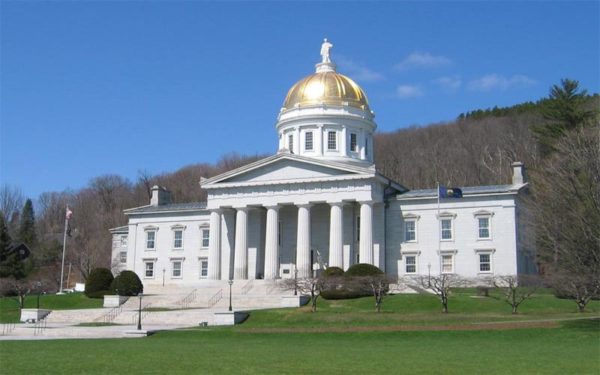
“This report speaks loud and clear—fracked gas is increasing our carbon emissions and harming our environment,” said Greg Cunningham, VP and Director of CLF’s Clean Energy and Climate Change program. “Coal’s sharp-dressed cousin is continuing us on a path to irreparable and costly climate damage. It is imperative that we shift our clean energy transition into high gear and accelerate our clean car standards to reverse this trend.”
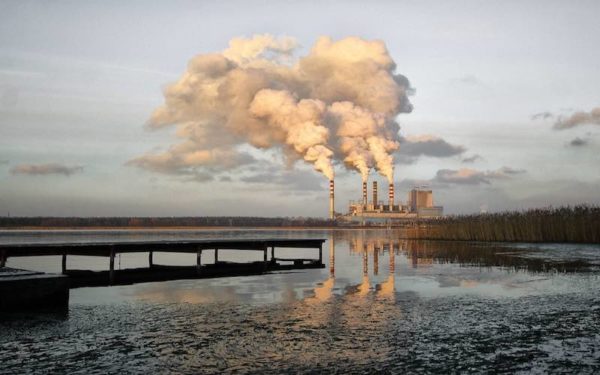
There is still time to stop irreversible climate change if we act now. But we have to act fast or else the consequences will be dire and inescapable. That, in a nutshell, is what more than 90 of the top climate scientists from 40 countries around the world announced recently in a special report from the United Nations’ Intergovernmental Panel on Climate Change (the IPCC).
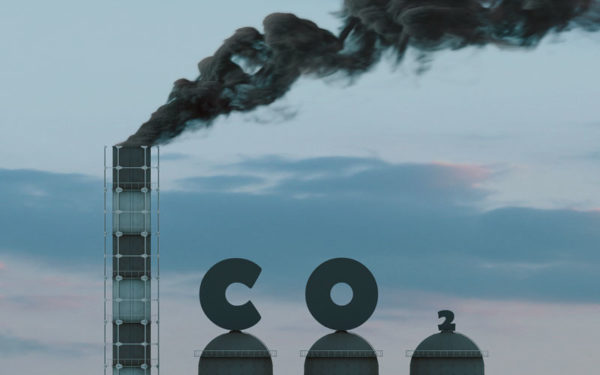
ECRI Lobby Day 2017 will take place on Tuesday, April 25. Lobby Day is open to the public, and CLF members (and others) are warmly invited to attend.
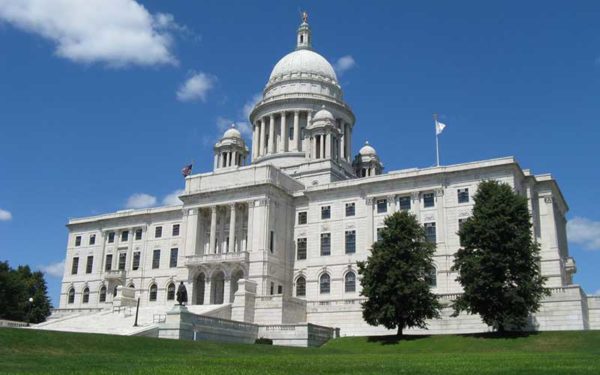
… ExxonMobil should be next. Like Volkswagen, it too profited from its deceit. It knew the real risks of global warming long ago. Knowing about melting ice sheets, they made strategic investments in ice-laden northern areas where oil would be more accessible as a result of global warming. Read more here by Sandra Levine, a… Continue reading Breaking The Fossil-Fuel Habit